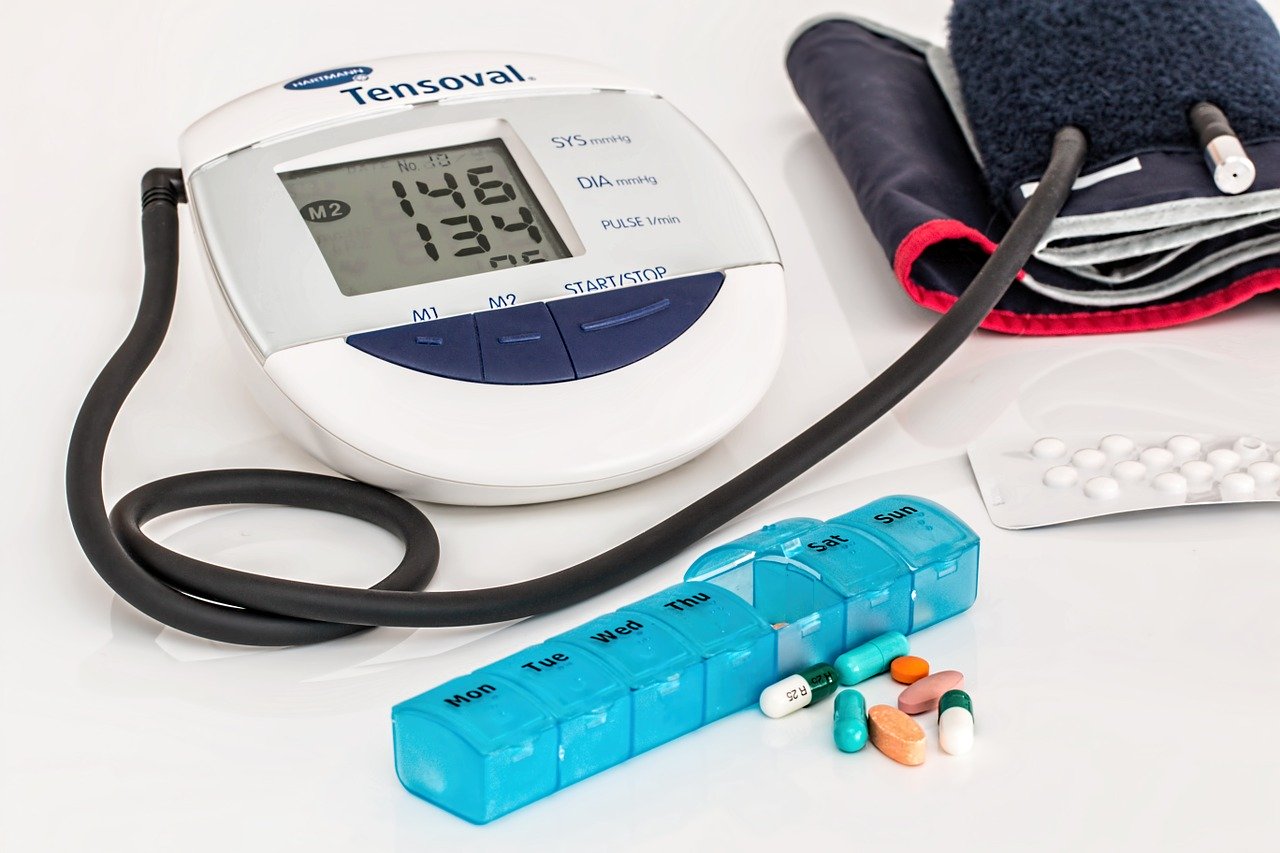Creating a retirement savings goal typically involves creating a mock budget for life after work. One of the most difficult expenses to predict, however, is health care. You may have some sense of how much you will use the healthcare system based on your current health and familial health history, but putting a specific dollar amount on potential need is very difficult. Moreover, the Medicare system can be difficult to navigate and does not provide much of the coverage that you may feel like you need. Understanding how health care works in retirement can give you a better sense of what you might need once you have stopped working. Read on for some key tips on healthcare planning in retirement.
1. Factor in Medicare costs.
Some people mistakenly assume that Medicare is a free form of health insurance for older individuals. However, you will still need to pay a monthly premium for Part B, which covers outpatient services, and Part D, which covers prescription drugs. Also, you will face coinsurance, copayments, and deductibles as you seek out care.

Medicare does not cover eyeglasses, dental care, or hearing aids; these out-of-pocket expenses can add up quickly and considerably. A married couple in 2040 will need an estimated $500,000 to cover out-of-pocket healthcare expenses. At Medicare.gov, you can learn more about your choices and use a calculator to help predict your monthly premiums and annual deductibles.
2. Consider supplemental insurance.
Medicare Part C is an optional part of coverage known as the Medicare Advantage Plan. This aspect of Medicare is private insurance that helps account for some of the costs not covered by the normal plan. The additional premiums and copays, as well as the extent of coverage, depends on the plan that you choose.
You should first figure out what types of services you need that might not be covered by Medicare and use that to guide your search for a plan. While these plans often do include coverage for things like vision and dental care, you may end up paying much more for them. At the same time, Part C plans can help make healthcare costs more predictable by reducing out-of-pocket costs in exchange for higher premiums.
3. Investigate employer plan rules.
Many people will choose to continue with a healthcare plan from an employer after they become eligible for Medicare at age 65. However, not all employer plans work past that age, so it is important to figure out these specifics ahead of time. Sometimes, the employer coverage will require you to sign up for Medicare Part A, which covers inpatient expenses. Coordinating benefits between an employer plan and Medicare can help you avoid buying Parts B, C, and D, thereby saving money. These parts can always be purchased later during annual open enrollment periods. Importantly, those who choose not to use Medicare once they turn 65 will need to contact the agency to delay enrollment or face significant late enrollment charges down the line.
4. Think about potential long-term care needs.

While Medicare will cover long-term stays in the hospital and skilled nursing care, it does not extend to long-term care. Unfortunately, this type of care often becomes the largest expense for retirees as it includes assistance with activities of daily living. Many facilities charge several hundred dollars per day. One way to confront this expense is long-term care insurance, although this coverage itself can get pricey. Purchasing the plans earlier in retirement, or even before, can help keep the premiums down, but then you will be paying them longer. Before purchasing any type of long-term care insurance, you should have a clear sense of the coverage, how long it lasts, and what needs to happen before the benefits begin. No one should get stuck paying for a plan that does not provide adequate coverage.
5. Take preventative health services seriously.
One of the best ways to keep healthcare costs down in retirement is by staying healthy today. You should see your doctor regularly and follow preventative health recommendations to diagnose diseases early before they cause chronic issues that become expensive to manage. You should also pay close attention to your eating and exercise habits to keep healthy.
Taking key steps today, such as quitting smoking or reducing alcohol intake, can avoid serious complications down the line that could not only drain your savings but significantly deteriorate your quality of life during a time when you are supposed to relax and explore your unique interests and passions. If you make major life changes now, you may not need additional insurance later, which frees up money to use in more enjoyable ways. Just as you invest your earnings for a good retirement, you need to invest in yourself by achieving and maintaining good health.
